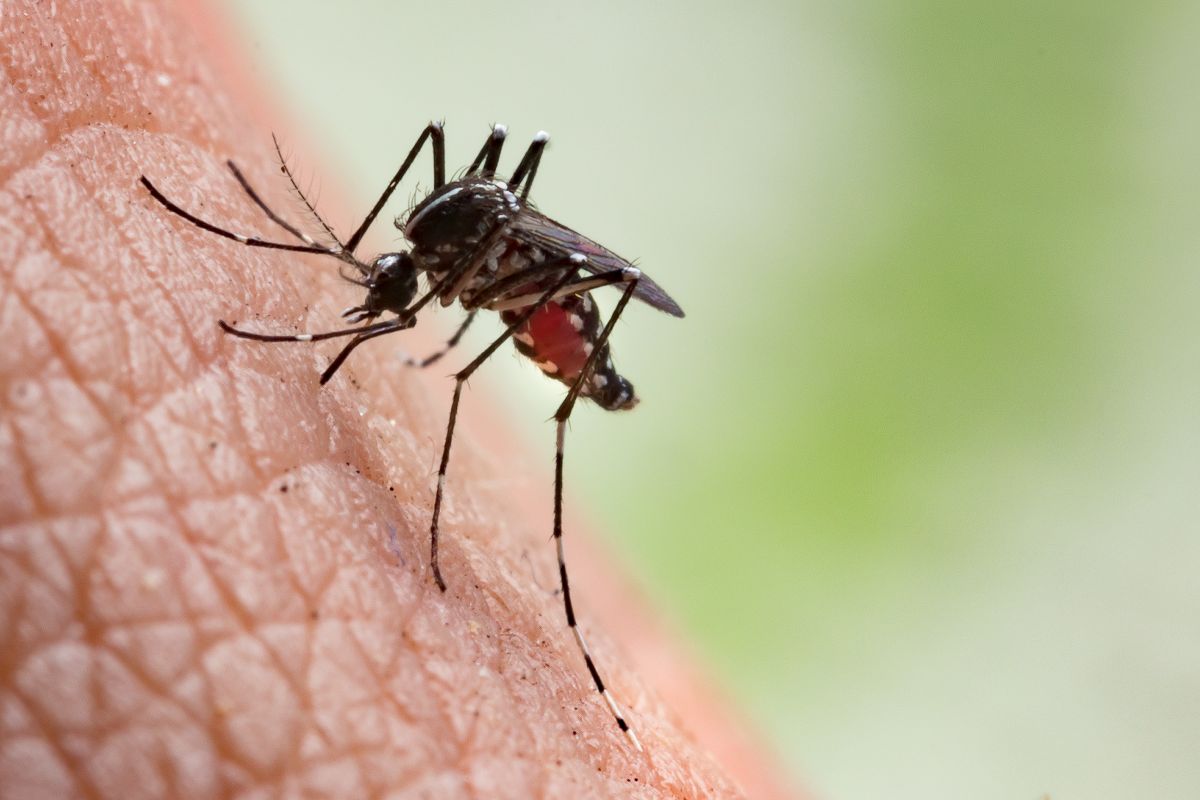Thalassemia is a silent genetic disorder that can be prevented through awareness and screening
World Thalassemia Day was observed on 8 May. India records between 10,000 and 15,000 new cases of Thalassemia Major every year, with national carrier rates estimated at 3 to 4 per cent, and as high as 10 per cent in certain parts of West Bengal, according to health department data.















